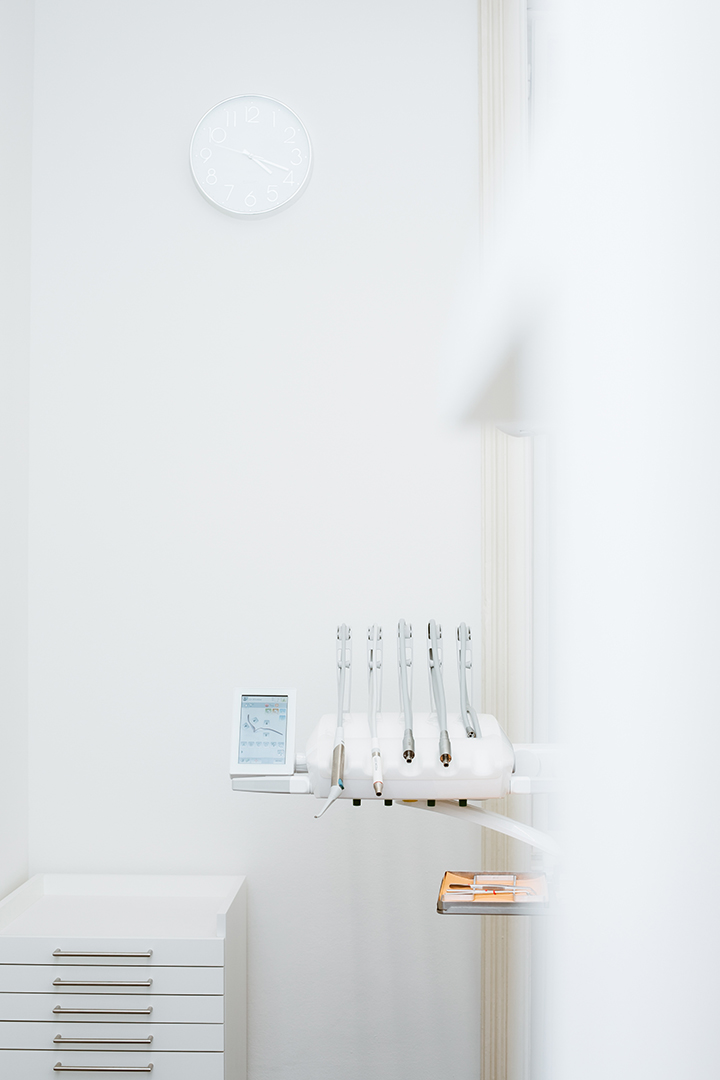
Check-up Examination
Whether you are young or old – a regular check-up of the teeth and the oral cavity is a must these days.
For continuous dental health we recommend biannual check-ups and regular X-rays of your teeth. Thereby diseases such as caries or inflammations can be detected and treated in good time. In this way we can maintain your natural teeth healthy!
Fillings
When carious tooth substance is removed, it must be replaced. Depending on the dental findings and individual wishes there are various options available. Currently, this “repair work” can be carried out without being visible any longer. With the help of so-called tooth-colored fillings the teeth can be treated highly aesthetical and discreet. Our dental office offers you the following aesthetic and mouth-compatible fillings:
Synthetic fillings – composites
The synthetic fillings – also called composites – are a special, tooth-compatible mixture of synthetic and ceramic material. The composites adapt excellently to the natural color of the tooth and are suitable for small up to medium damages. They have a smooth surface that resembles your own tooth.
These fillings are often subject to a fee, as the health insurance companies do not cover them. For more information on the treatment options with synthetic fillings please ask us in our office.
Glass-ionomer cement
Since amalgam fillings are no longer carried out in our dental office, we use so called glass-ionomer cements as an alternative. The material is of whitish color, but the surface is somewhat rougher.
Root canal treatment
Root canal treatment aims to preserve a diseased or severely damaged tooth. Before we carry out with the procedure, we will inform you about possible risks and consequences.
The tooth will be drilled out up to the nerve, the nerve will be removed and the individual root canals will be rinsed with a disinfectant solution. In this way bacteria, that have settled in the walls, will be removed. Special machine-operated files are used to clean and smooth the inside of the canals to help achieving the best possible result.
During the root canal treatment X-rays will be taken to assess the status of the treatment. If the inflammation has not progressed too far, the tooth can be sealed with a dense filling material during the first treatment session. In the case of resistant infections, the treatment needs to be extended over several appointments. In such cases, the tooth is treated between the appointments with a medicinal insert. How long the healing phase lasts, depends on the condition of the tooth before treatment.
After the treatment is completed, the affected tooth is sealed with a bacteria-proof filling and can be carefully pressured again. However, it is not as stable as healthy teeth, which is why you should avoid hard foods such as nuts. After this procedure has been completed, the root-treated tooth is often crowned so that, despite the loss of substance, long-term preservation is guaranteed, and the tooth can be pressured normally again.